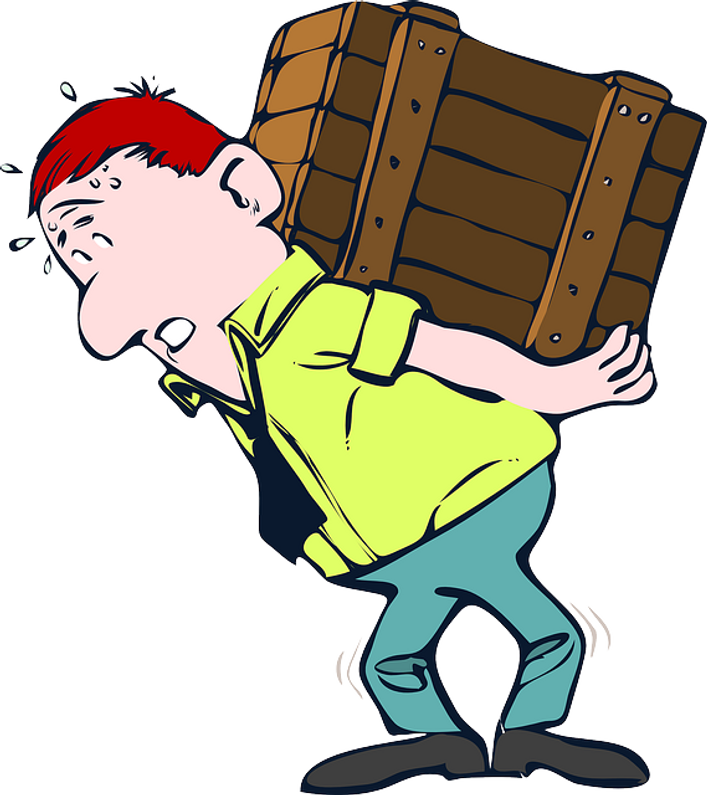What Is an Overexertion Injury?
Overexertion injuries are a common occurrence in the modern workplace. According to the National Safety Council (NSC), they account for over one-third of all work-related injuries that result in lost work days. When a worker sustains an overexertion injury, he or she may require medical treatment. Even without medical treatment, the worker may need to rest until he or she recovers. What is an overexertion exactly and how do you prevent them in your workplace?
Overview of Overexertion Injuries
By definition, an overexertion injury is any injury that's caused by physically exerting your body beyond its capabilities. We all have our limits. If you push your body beyond its physical limits, you may sustain an overexertion injury.
Most overexertion injuries involve tissue damage. When your body is physically exerted beyond its capabilities, you may tear or pull a muscle. Regardless, all overexertion injuries are caused by physical exertion.
Some of the most common types of overexertion injuries include:
- Pulled back muscle
- Pulled neck muscle
- Muscle strain
- Joint sprain
How to Prevent Overexertion Injuries
There are precautions you can take to protect against overexertion injuries. Prior to performing physical work or labor, spend a few minutes stretching. A short stretching routine will lower your risk of sustaining an overexertion injury. By stretching your body, your muscles will become looser and more elastic. In turn, you'll be less likely to sustain overexertion injuries like a pulled muscle.
When lifting boxes -- as well as other heavy objects -- remember to use your legs and not your back. Overexertion injuries can occur from lifting. If you bend your back when lifting, you may tear or otherwise stress the muscles in your back. You can still lift boxes and objects; just remember to use your legs and not your back.
You might be surprised to learn that staying hydrated can lower your risk of sustaining overexertion injuries. Research shows that up to two in three adults are chronically dehydration. If you are dehydrated, your muscles will lose some of their natural elasticity. As a result, they'll be more susceptible to overexertion injuries. To prevent this from happening, you need to stay hydrated by drinking plenty of water throughout the workday.
Taking breaks can also minimize your risk of sustaining overexertion injuries. After all, overexertion injuries involve physically exerting your body beyond its capabilities. If you take breaks, your body have a chance to recuperate, thereby lowering the risk of an overexertion injury.
Recent Posts
-
Fire Safety in the Workplace: What You Need to Know
What steps are you taking to prevent fires in your workplace? According to the U.S. Occupational Saf …Aug 23rd 2023 -
Is It Safe to Go Jogging With a Cold Infection?
If you're suffering from a cold infection, you might be wondering whether it's safe to go jogging. T …Aug 22nd 2023 -
5 Safety Tips to Follow When Using a Powder-Actuated Tool
Powder-actuated tools are commonly used to join materials to steel and concrete. Also known as Hilti …Aug 20th 2023




